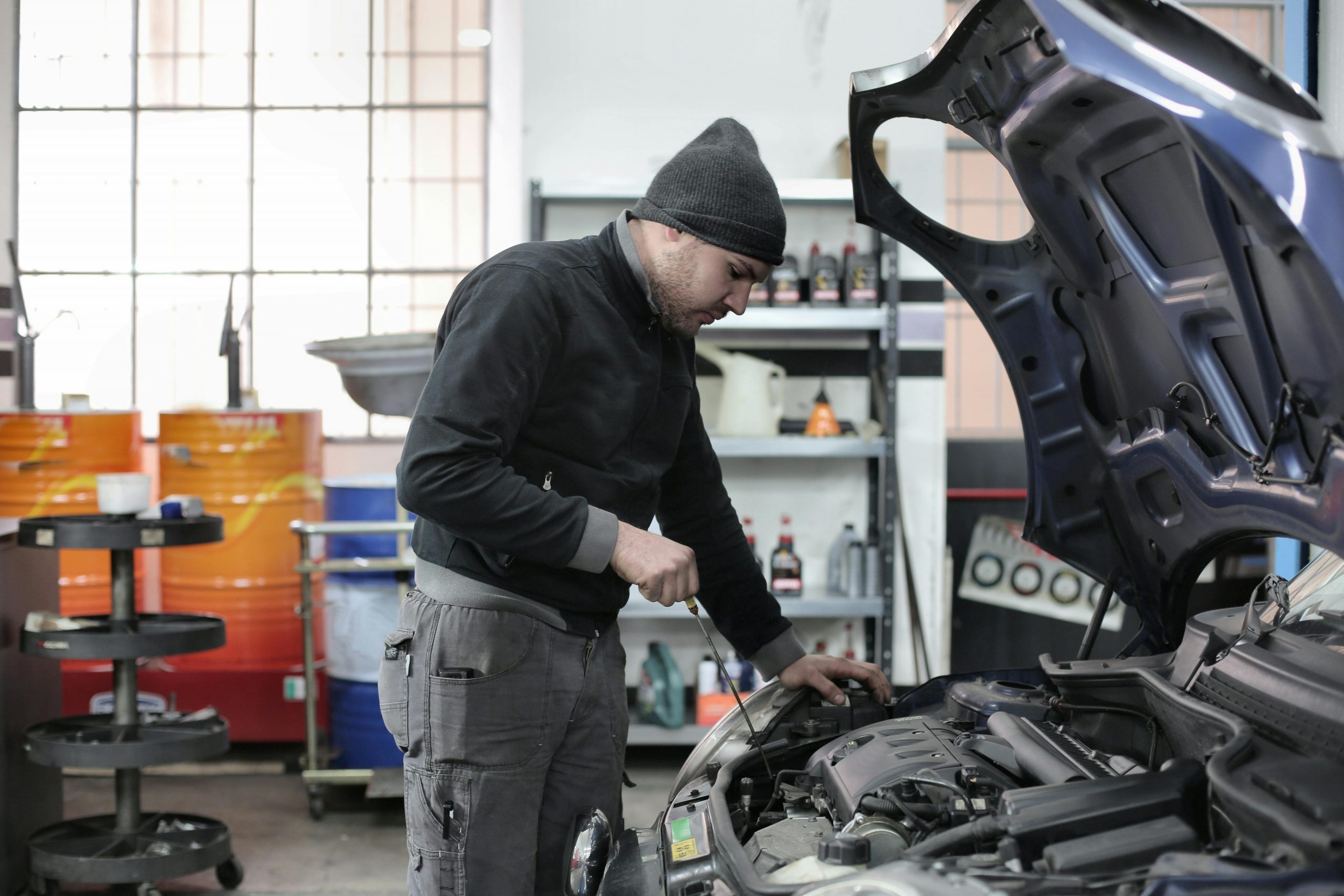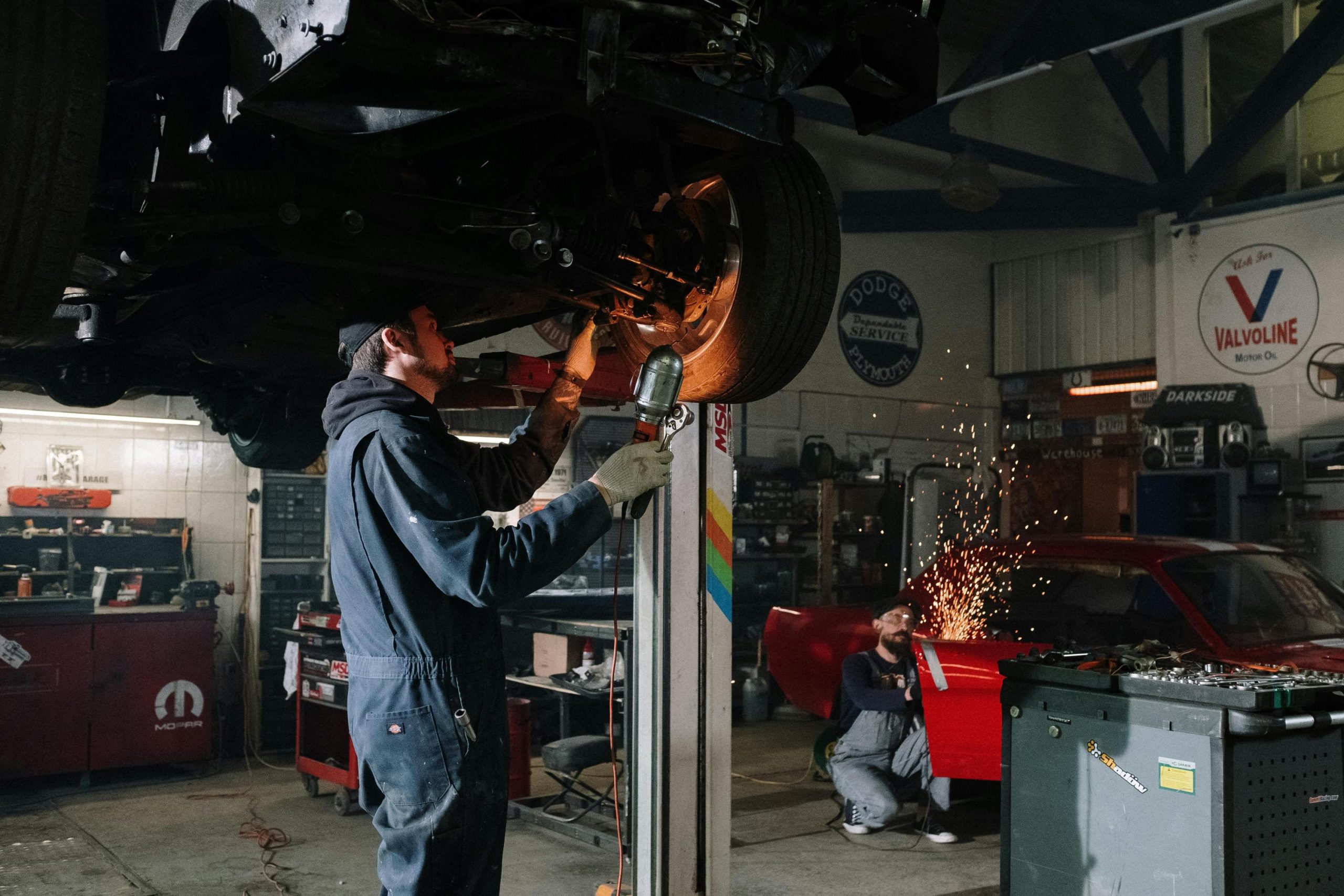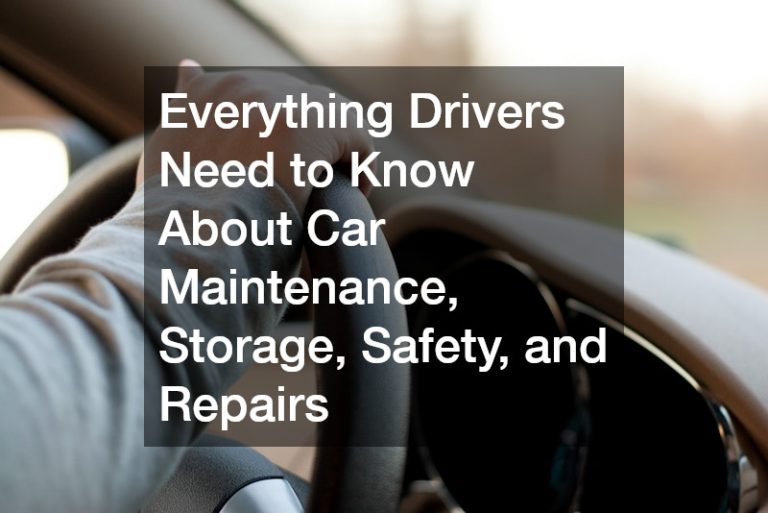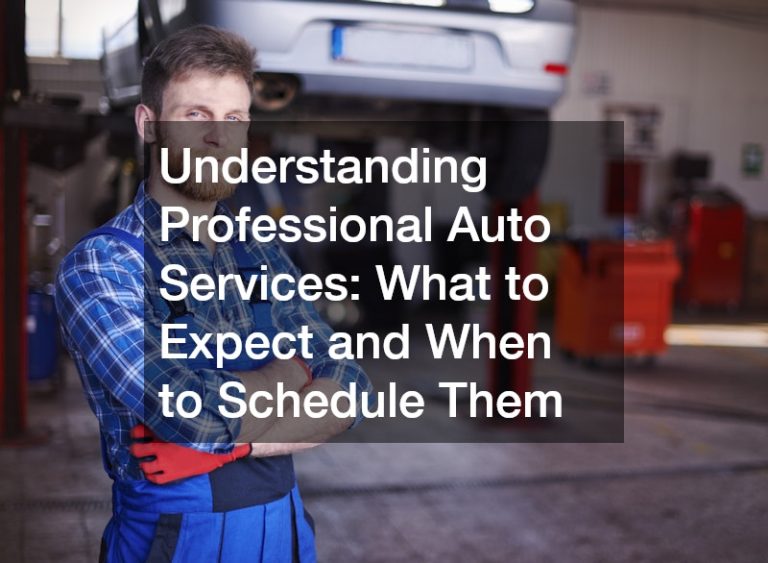
- Basic tasks like oil changes or air filter swaps are safe for DIY, but others need professional skill.
- Transmission and engine repairs should only be handled by a car repair shop with experience.
- Electrical systems and ADAS features in modern vehicles are too complex for amateur fixes.
- Timing belt jobs, suspension repairs, and diagnostics require specialized tools and knowledge.
- Hybrid and electric cars require technicians trained in high-voltage systems.
- ASE certifications, reviews, and brand expertise are signs of a quality car repair shop with experienced staff.
- Mistakes from inexperienced repairs can void warranties, cause damage, or risk safety.

Many car owners take pride in handling minor maintenance tasks at home. Changing oil, checking fluids, or replacing a cabin filter can be satisfying and cost-effective. But not every repair belongs in the DIY category. Some jobs require not only technical knowledge, but also the right tools and years of experience.
This article breaks down the types of repairs you can confidently handle on your own, which ones require moderate experience, and those best left to a car repair shop with experience. We’ll also cover how to identify skilled technicians, what could go wrong if repairs are done incorrectly, and why trusting a professional often saves you more money in the long run.
Why Experience Matters in Auto Repair
In the automotive world, experience means far more than just years on the job. A car repair shop with experience typically employs ASE-certified technicians, keeps up with rapidly evolving technology, and invests in proper tools and diagnostic systems.
Here’s why it matters:
- Improper repairs can be dangerous – Mistakes on brakes, suspension, or steering could lead to accidents.
- Fixing a bad repair costs more – If you damage a component while trying to fix it yourself, the final repair bill could double.
- Warranties and insurance may be voided – Manufacturers and insurers often require that work be done by certified or experienced professionals.
- Diagnostics require training – Today’s cars are like rolling computers, and interpreting error codes and performance issues takes real expertise.
DIY-Friendly Repairs for Most Car Owners
There are many car maintenance tasks that can be performed safely and easily with minimal risk—even if you’re not a pro.
Common DIY Car Repairs:
- Oil and filter changes (check your manual for oil type)
- Air filter or cabin filter replacements
- Battery replacement (with caution around terminals)
- Windshield wiper swaps
- Fluid top-offs (washer fluid, coolant, etc.)
- Checking and inflating tire pressure
These tasks usually require only basic tools and are covered in most vehicle owner’s manuals. Just be sure to double-check torque specs, fluid levels, and use manufacturer-recommended parts.
Intermediate Repairs: Proceed with Caution
Some repairs lie in a gray area. If you have the tools, mechanical sense, and follow a reliable guide, you might be able to do these yourself. But mistakes can get expensive.
Mid-Level Repairs Some DIYers Attempt:
- Brake pad replacement – Requires proper jacking, torque, and pad bedding.
- Spark plug changes – Stripping threads or breaking plugs can ruin a cylinder head.
- Tire rotations – Must re-torque properly and reset TPMS if needed.
- Coolant flushes – Risk of air pockets if the system isn’t properly bled.
If you’re uncertain about the procedure—or you start the job and feel it over your head—there’s no shame in turning it over to a car repair shop with experienced technicians.
Repairs That Require an Experienced Mechanic
These are the kinds of repairs you should never attempt without proper training. They involve major systems, complex tools, and the kind of know-how that only comes from years of hands-on work.
Engine Diagnostics and Repair
- Requires professional scan tools and experience reading codes and live data.
- Misdiagnosing a warning light can lead to unnecessary part replacements.
- Experienced techs can test sensors, fuel delivery, and compression properly.
Transmission Repairs
- Involves dozens of internal gears, solenoids, and hydraulic circuits.
- One error during reassembly can render a transmission useless.
- Shops with experience know how to service or replace transmissions without damaging delicate components.
Electrical System Troubleshooting
- Modern cars have hundreds of sensors and wires.
- Short circuits can damage expensive modules.
- Only a skilled car repair shop with experience can accurately trace faults without guesswork.
Suspension & Steering Repairs
- Involves precise torque specs, alignment, and safety-critical parts.
- Incorrect installation can cause instability or tire damage.
Timing Belt or Timing Chain Service
- Failure to properly align timing marks can destroy the engine.
- Often requires removing engine covers, pulleys, and using special locking tools.
When you’re dealing with systems that affect power, motion, or safety—it’s time to bring in a professional.
Specialty Repairs: Beyond Basic Mechanics
Some repairs demand not only experience but also specialized equipment and training. In these cases, only a car repair shop with experience in niche areas will do.
Hybrid and Electric Vehicle Systems
- High-voltage batteries and inverters pose serious safety risks.
- Repairs require insulated tools and EV-specific protocols.
- Look for shops certified by manufacturers like Toyota, Tesla, or GM.
European & Luxury Brands
- Brands like BMW, Mercedes, Audi, and Land Rover require specialized diagnostics.
- Generic OBD2 tools may not provide enough data.
- Experienced shops often subscribe to OEM databases and software.
ADAS (Advanced Driver Assistance System) Calibration
- Lane departure, adaptive cruise, and collision warning systems must be recalibrated after body or suspension work.
- Requires laser-guided equipment and software licenses.
- Only a high-end, experienced car repair shop will have the tools and training.
How to Choose a Car Repair Shop with Experience

Picking the right shop is crucial—especially for complex or high-risk repairs. A car repair shop with experience won’t just fix your vehicle; they’ll do it efficiently, correctly, and with your long-term safety in mind. Here’s a detailed guide to help you make a smart, informed choice:
Certifications
Well-trained technicians are essential for quality repairs.
- ASE (Automotive Service Excellence): Indicates technicians have passed industry-standard exams and stay updated with ongoing training.
- Brand-specific training: Some shops are certified to work on specific manufacturers like Honda, Toyota, BMW, or Tesla. Ask if the shop has factory-trained mechanics for your car brand.
- EPA or hybrid/EV certifications: For newer vehicle types, check if technicians are certified to handle high-voltage systems or emissions-related diagnostics.
Transparent Service History
Trustworthy shops are open about their experience and customer satisfaction.
- Ask how long they’ve been operating and whether they’ve worked on your specific make/model.
- Look for consistent reviews on platforms like Google, Yelp, or RepairPal that mention the shop’s professionalism, accuracy, and long-term customer relationships.
- Check if they belong to industry networks like AAA-Approved Auto Repair or the Better Business Bureau.
Diagnostic Capabilities
Modern vehicles rely heavily on technology, so your shop should be up to date.
- Make sure they use advanced diagnostic tools, OEM or equivalent.
- Ask if they can explain error codes, provide printouts, or walk you through their process.
- Look for shops that build their recommendations based on clear data and evidence—not guesswork.
Questions to Ask Before You Commit:
Don’t be afraid to interview your mechanic before approving a repair.
- “Have you worked on this exact make and model before?”
- “Do you offer a warranty on parts and labor? For how long?”
- “Can I see your certifications or training credentials?”
- “Will I get a written estimate and explanation before any work begins?”
Bonus Tip: Ask About Equipment and Facility
A well-organized shop with modern lifts, tools, and a clean service area is often a good sign of professionalism and pride in their work.
Choosing a car repair shop with experience ensures your vehicle is in good hands—giving you peace of mind, better performance, and long-term value from your investment.
What Happens When Repairs Are Done Wrong?
Poorly executed repairs don’t just cost more—they can be dangerous.
Consequences of Inexperienced Repairs:
- Safety hazards – Loose brakes, failed suspension, or improper tire installs
- More damage – Misdiagnosing an issue can lead to bigger problems down the line
- Voided warranties – Manufacturers may reject coverage if repairs weren’t professionally done
- Failed inspections – Your vehicle might not pass emissions or safety checks
A small mistake on a modern vehicle can trigger thousands of dollars in damage or render it undriveable.
Conclusion: Trust the Right Technician
Your car is a major investment. While handling basic maintenance at home can save money and build confidence, it’s important to know when to call in a pro.
For complex, specialized, or safety-critical jobs, always choose a car repair shop with experienced technicians. Their training, tools, and knowledge ensure that the job is done right the first time—saving you money, time, and stress in the long run.
Whether it’s diagnosing a check engine light, rebuilding a transmission, or calibrating an ADAS sensor, trust isn’t just earned—it’s certified.





